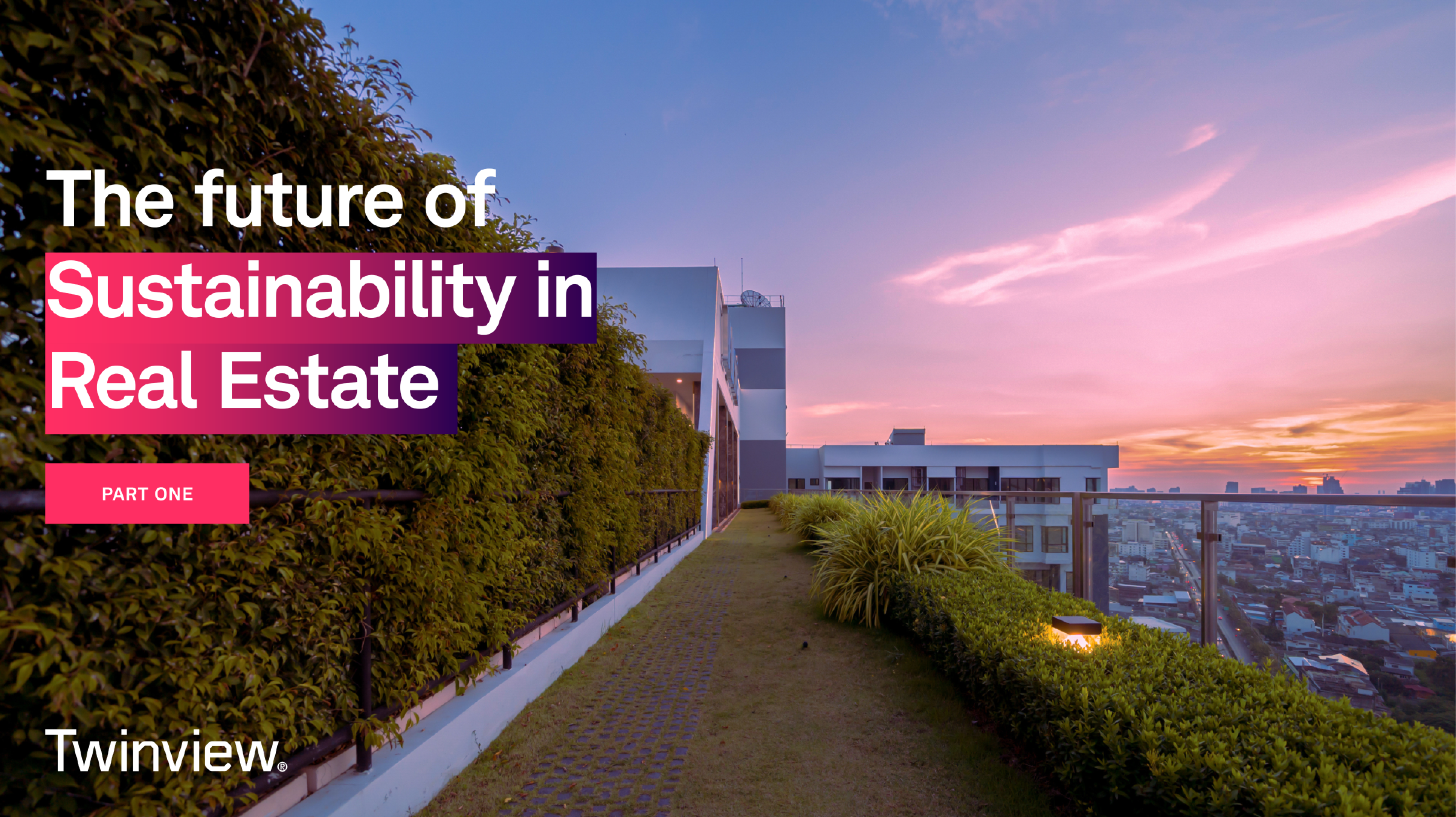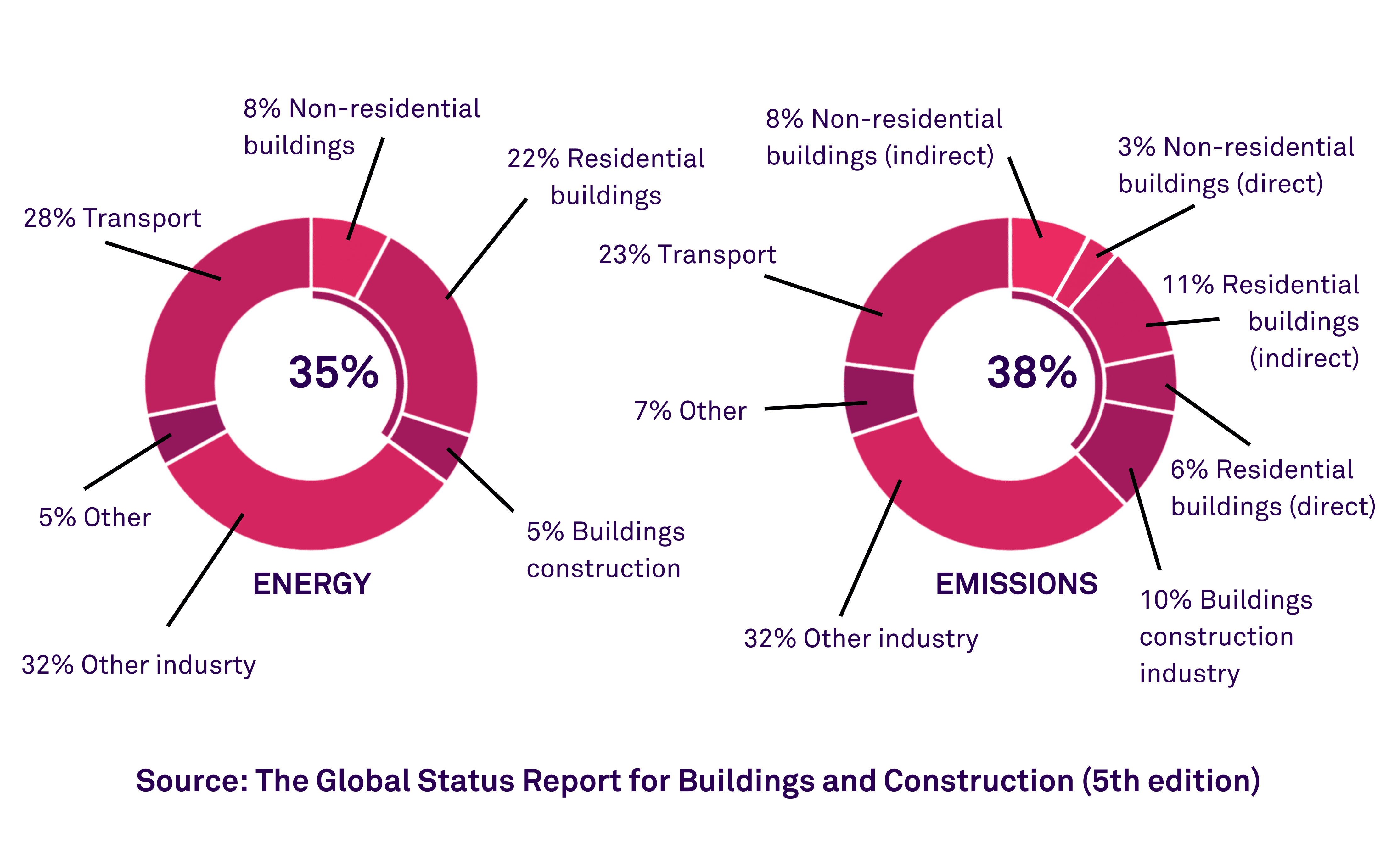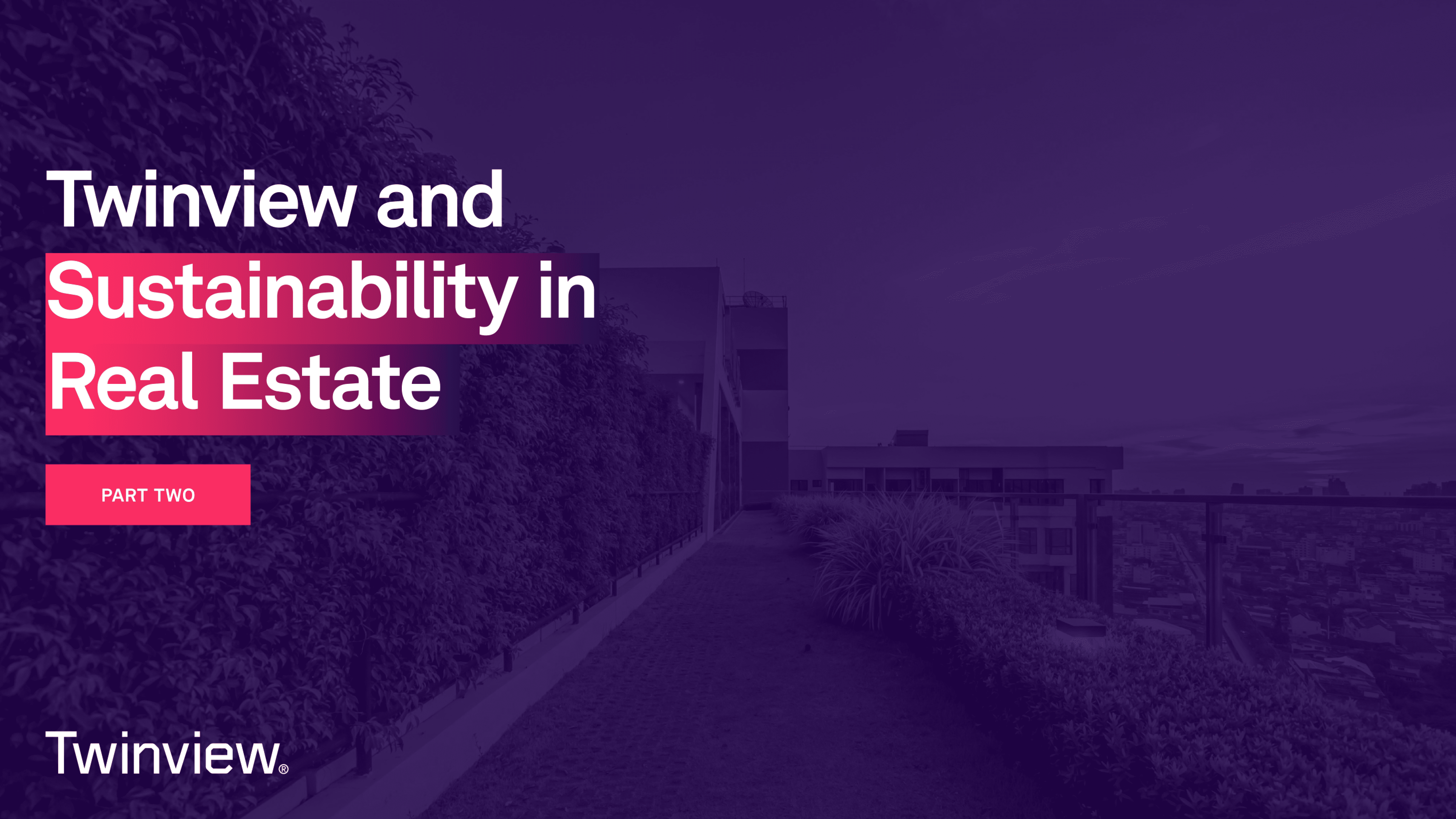20 Oct 2022 | Industry Insights
The Future of Sustainability in Real Estate - Part 1

Ready to get started?
Book your one-on-one appointment with one of our specialists.
info@twinview.com
+44 (0)844 800 6660
London
24 Greville Street
Farringdon
London
EC1n 8SS
Newcastle
Spaceworks
Benton Park Road
Newcastle upon Tyne
NE7 7LX



